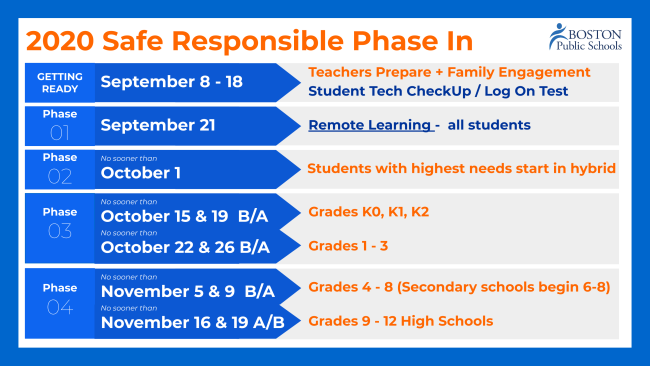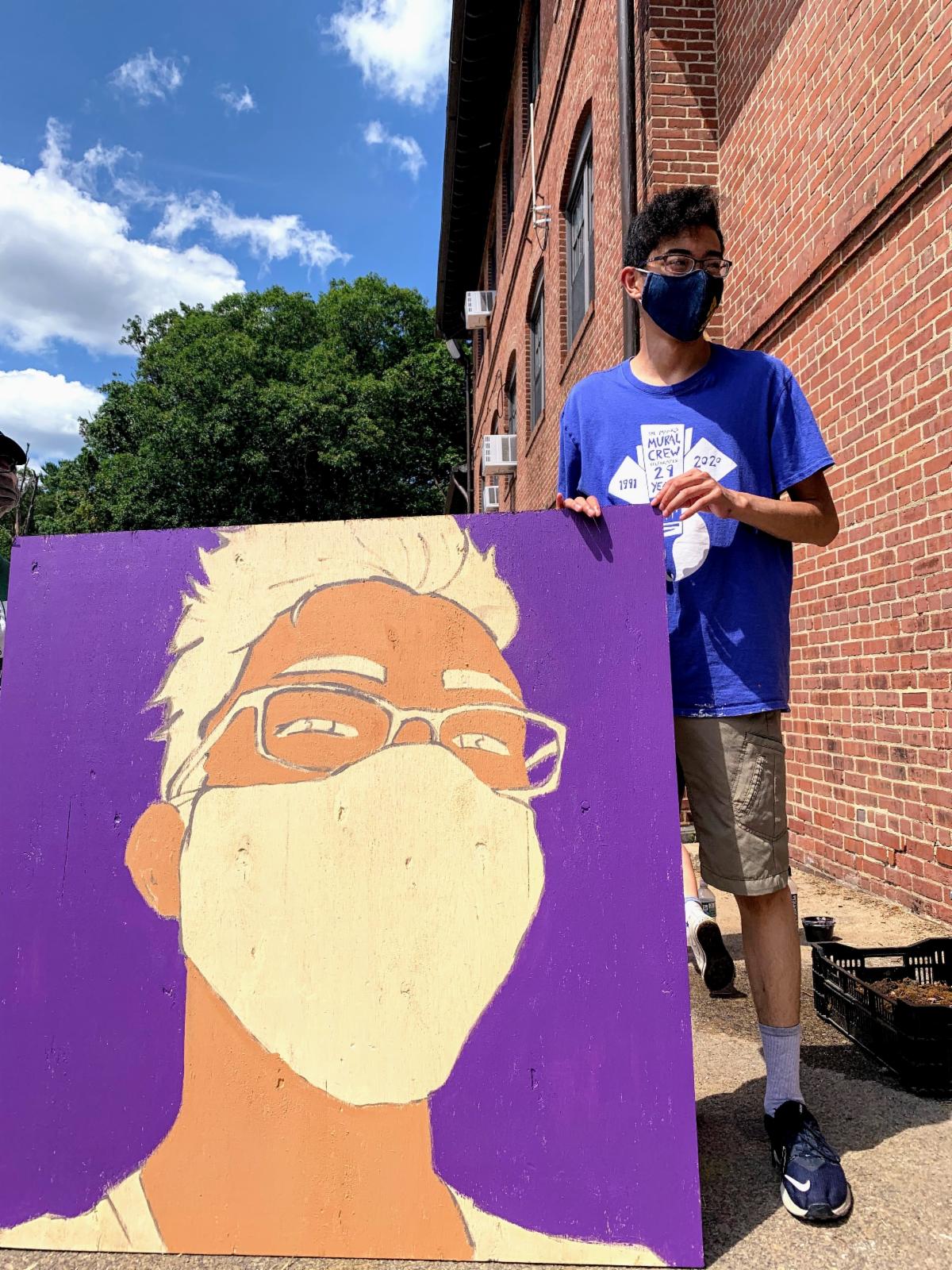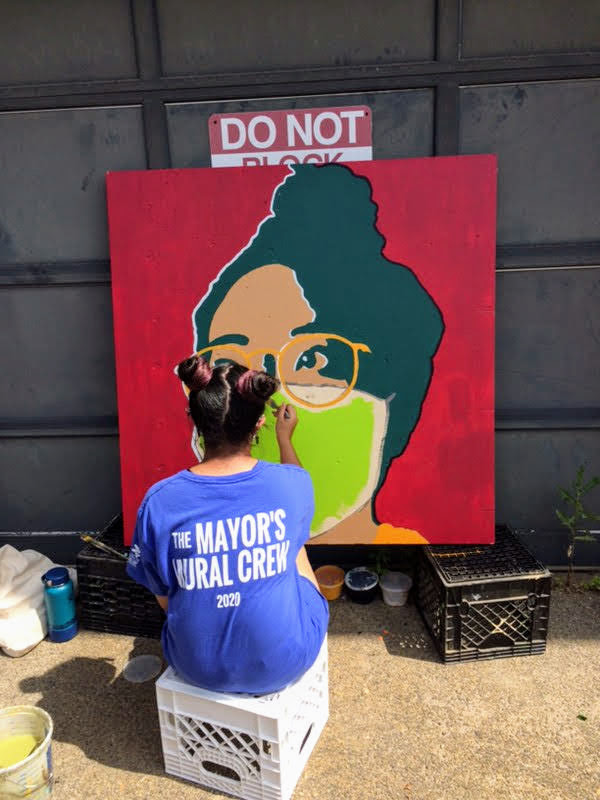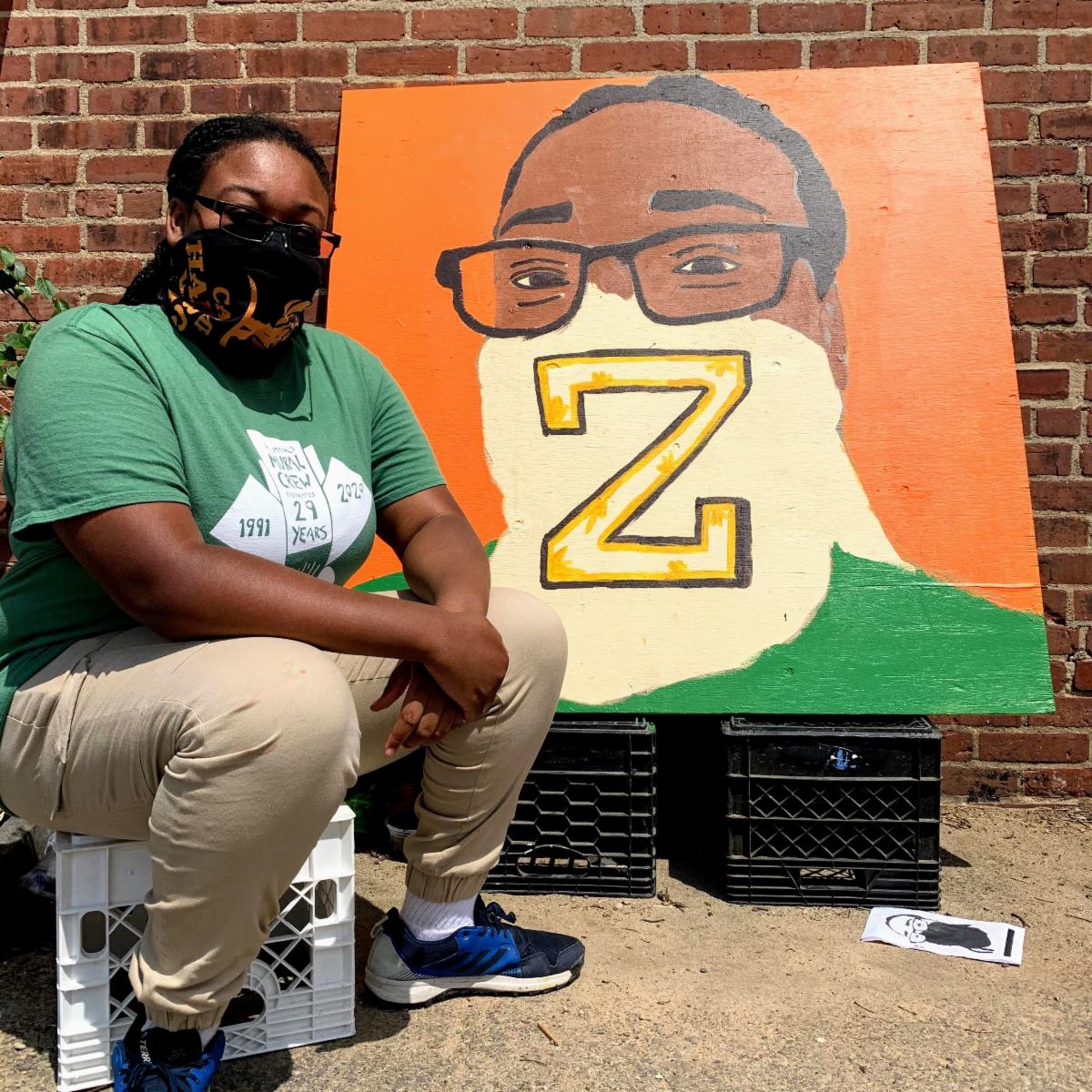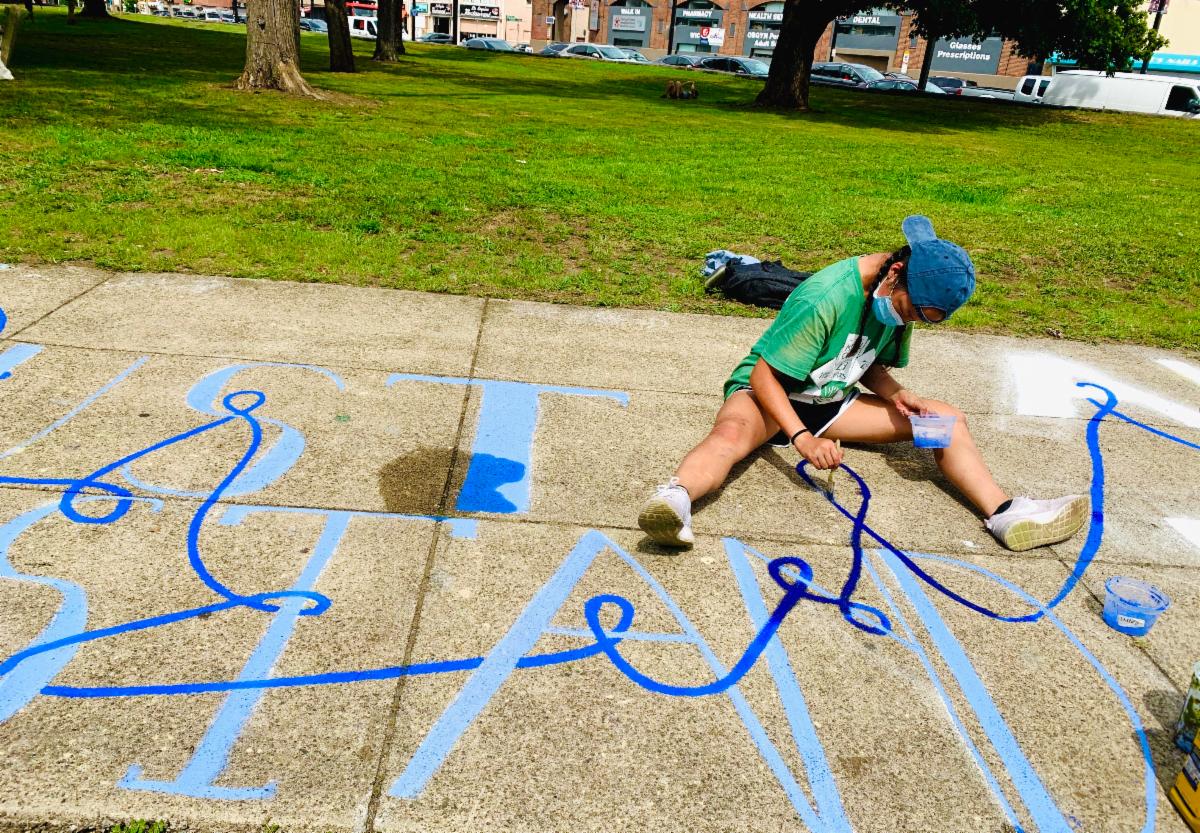Funding awarded through Life Sciences Center’s Open Capital and Bits to Bytes programming to support life sciences ecosystem
Waltham—Today, the Baker-Polito Administration and the Massachusetts Life Sciences Center (MLSC) announced more than $15 million in capital funding to support life sciences innovation infrastructure, the development of key data repositories, and training for scientists across the Commonwealth. In total, 17 projects are receiving funding to support the life sciences ecosystem. The MLSC awarded funding through its
Open Capital program and
Bits to Bytes program. Massachusetts Secretary of Housing and Economic Development Mike Kennealy made the announcement during remarks at MALSI+ 2020, a virtual gathering of scientific innovators, entrepreneurs, business leaders, and investors whose groundbreaking work across the globe is addressing life science innovation.
“In the life sciences, we are at a watershed moment, where new ideas and innovative strategies are needed to accelerate the creation, growth, and success at all levels of our ecosystem,” said Secretary Kennealy, who also serves as Co-Chair of the MLSC’s Board of Directors. “The Baker-Polito Administration remains committed to providing key investments to ensure the upward trajectory of the life sciences sector in Massachusetts as a mechanism for workforce and economic development, and scientific advancement.”
“These investments highlight the Baker-Polito Administration’s continued commitment to funding essential science infrastructure and workforce training in order to help propel important discoveries and further strengthen the life sciences industry as we navigate the ongoing COVID-19 pandemic,” said Executive Office of Administration and Finance Secretary Michael J. Heffernan, who also serves as Co-Chair of the MLSC’s Board of Directors. “The MLSC continues to work diligently with its partners in industry and academia to prioritize capital investments that promise a strong return for the Commonwealth while maximizing impact to better serve human health and improve patient outcomes.”
“There is no doubt that we live and work in a different world in which data and other revolutionary technology have unlocked new tools and new potential in the life sciences and basic research, that can and will lead our society to a better understanding of human health,” said MLSC Interim President & CEO Damon Cox. “The MLSC continues to serve in a unique position to work collaboratively and embrace its role as a steward of investment and strategy in order for Massachusetts to sustain its leader post in life sciences innovation.”
The MLSC believes that investment in various kinds of infrastructure—from core facilities, to incubator space, to repositories of scientific data—is required to create and sustain the attributes that make Massachusetts attractive to innovation clusters. The Open Capital program provides grants for state-of-the-art equipment and infrastructure that support the life sciences ecosystem in Massachusetts. To date, the MLSC has awarded or committed more than $480 million to support capital projects across the state. Funding through this year’s Open Capital round supported equipment and expansion projects at academic organizations, research institutions, research hospitals, startup incubators and other non-profit organizations.
In this round, the MLSC awarded approximately $10.4 million in funding to 11 projects. This includes Worcester Polytechnic Institute (WPI), which is receiving $877,314 to support the campus’ Cell Engineering Research Equipment Suite (CERES). MLSC funds will support the purchase of key equipment to create a modular core facility focused on high throughput cell analytics. These assets will allow academic researchers and industry scientists to investigate ways to improve public health by accelerating development of innovative treatments, and creating jobs and preparing the workforce needed to grow a thriving biotechnology industry in the Commonwealth. The CERES core facility will provide startups access to resources needed to bring cell-based products to market. A major indicator of success will be the growth and maturation of the biotech discovery ecosystem in central Massachusetts, especially in the number of startup companies supported by CERES at WPI.
“I am grateful to the MLSC for supporting WPI in the important work of developing a cutting-edge facility where researchers can pursue innovative medical treatments for human disease,” said Bogdan Vernescu, vice provost for research at WPI. “CERES will be co-located at the WPI Biomanufacturing Education and Training Center, expanding WPI’s research and training contributions to the biomedical community in the greater Worcester region.”
The MLSC launched Bits to Bytes in 2019 to provide grants for projects that generate and analyze large datasets to answer pressing life science questions, and to attract and train data scientists in the Commonwealth. The goal of Bits to Bytes is to employ data analytics and/or machine learning techniques to develop a greater understanding of various medical conditions to develop optimal treatments to improve patient health. Additionally, the MLSC and its partners are committed to a collective goal of attracting, training, and retaining data scientists to the life sciences. Exposing data scientists to projects with a focus on human health can encourage the application of their much needed skill sets to the industry and mission-driven work of the life sciences. Awardees comprise of not-for-profit organizations collaborating with at least one for-profit Massachusetts life science company. In total, six projects are receiving funding totaling $4.6 million with 14 industry partners.
Massachusetts General Hospital is receiving $666,500 to support its collaborative efforts to facilitate drug development for neurodegenerative diseases by generating a large-scale, longitudinal dataset of digital behavior across age, disease severity, and diagnosis. Neurodegenerative conditions such as Alzheimer’s disease, Parkinson’s disease, and amyotrophic lateral sclerosis (ALS) affect a range of human behaviors including arm function, speech, vision, and facial expression. Abnormalities in these functions are subtle prior to diagnosis and progress relatively slowly over time. This makes it challenging to both accurately diagnose the disease early, in order to intervene and prevent neurodegeneration, or to determine if a disease modifying drug candidate or therapy could be effective in slowing progression. The project team will build a “neurology vital signs phone booth” equipped with a suite of high definition instruments to collect and process targeted eye movement, facial expression, limb and body movement, speech, and cognition data known to have shared importance across neurodegenerative diseases. This data set will aid health analytic and pharmaceutical companies across the Commonwealth to use computational approaches to solve a key problem in neurodegenerative disease research and drug development.
“The Mass General Department of Neurology is grateful to the Massachusetts Life Sciences Center for supporting this large-scale and multidisciplinary project,” said Anoopum Gupta, MD, PhD, Department of Neurology, Massachusetts General Hospital. “We are excited to form a team of neurologists, drug developers, computer scientists, and digital health companies to generate the datasets and create the analytics needed to address a key challenge in neurodegenerative disease: how to detect early signs of neurodegenerative diseases and how to sensitively measure disease progression.”
In recent months, the Center has been proud to be part of the Commonwealth’s ongoing effort to respond to the COVID-19 outbreak, including contributing funding and resources to the Manufacturing Emergency Response Team (M-ERT) and the Massachusetts Consortium on Pathogen Readiness. These recent contributions are in addition to its continued administration of various programs and other initiatives to support the life sciences sector. The MLSC’s portfolio of programs has strategically deployed more than $700 million in Massachusetts, through a combination of grants, loans, capital infrastructure investments, tax incentives, and workforce programs. These investments have created thousands of jobs, and propelled the development of new therapies, devices, and scientific advancements that are improving patient health and well-being in Massachusetts and beyond. The Center launched a new round of Bits to Bytes this past Monday, with applications due December 10, 2020. Other funding programs will launch over the next few weeks.
Open Capital Program Awardees:
Awardee: Beth Israel Deaconess Medical Center
Project Title: Organ-on-Chip Facility in a Hospital Setting
Awardee: Mansfield Bio-Incubator
Project Title: Mansfield Bio-Incubator Laboratory Infrastructure Expansion Project
Awardee: UMass Amherst
Project Title: Acquisition of Synapt G2-32k Mass Spectrometer for Biopharmaceutical Research
Awardee: UMass Amherst
Project Title: Enhancement of the UMass, Amherst Light Microscopy Facility for Cutting Edge Workforce Training
Awardee: UMass Amherst
Project Title: MLSC Open Capital Flow Cytometry at UMass Amherst
Awardee: UMass Amherst
Project Title: SampleJet, High-Throughput Sample Changing Robot for NMR
Awardee: UMass Boston
Project Title: NextGen Sequencing at the Next Level: The University of Massachusetts Boston CPCT Genomics Core
Awardee: UMass Lowell
Project Title: Expanding Core Research Facilities Capabilities for Partners in Northeast Massachusetts
Awardee: UMass Medical School
Project Title: UMass Medical School Positron Emission Tomography Center
Awardee: UMass Medical School
Project Title: Enhancing Innovation in Drug Discovery at UMass Medical School
Awardee: Worcester Polytechnic Institute
Project Title: Cell Engineering Research Equipment Suite
Bits to Bytes Program Awardees:
Awardee (PI(s), Institution): Christina Baer; Dorothy Schafer, UMass Medical School
Industry Partner(s): Tiaki
Project Title: Spatial Transcriptomic Approaches to Map Neuroinflammation in Neurodegenerative Disease
Awardee (PI(s), Institution): Raul Mostoslavsky; Nabeel Bardeesy; Gad Getz; Leif Ellisen; Keith Flaherty, Massachusetts General Hospital
Industry Partner(s): Novartis Institutes for Biomedical Research, Agios Pharmaceuticals
Project Title: An Integrative Platform to Understand and Exploit Cancer Metabolism
Awardee (PI(s), Institution): Steven Horng, Beth Israel Deaconess Medical Center; Roger Mark, MIT
Industry Partner(s): Philips Healthcare, Philips Research North America
Project Title: Creating and Integrating an Echocardiogram and Electrocardiogram Extension to the MIMIC Database
Awardee (PI(s), Institution): Daniel Haehn, UMass Boston
Industry Partner(s): DeepHealth, Inc.
Project Title: The Oregon-Massachusetts Mammography Database (OMAMA-DB)
Awardee (PI(s), Institution): Howard Sesso, Brigham and Women’s Hospital
Industry Partner(s): Biogen, Life Epigenetics, Nightingale Health, Olaris
Project Title: Natural History of Neurofilament Concentrations and Mechanisms of Healthy Aging Using Data Science
Awardee (PI(s), Institution): Anoopum Gupta, Massachusetts General Hospital
Industry Partner(s): Biogen, WKD.SMRT
Project Title: Facilitating Drug Development for Neurodegenerative Diseases by Generating a Large-Scale, Longitudinal Dataset of Digital Behavior Across Age, Disease Severity, and Diagnosis
